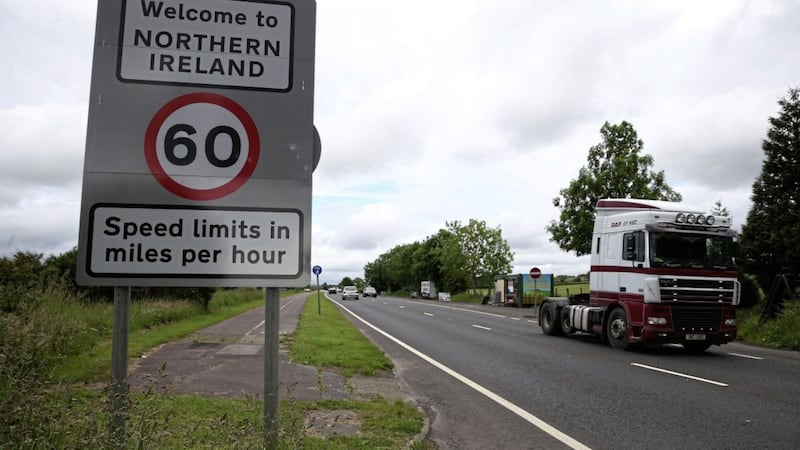A report published earlier this week, funded by the Economic and Social Research Council and based on face-to-face interviews with 2000 people, suggests that just 29 per cent would vote for a united Ireland if a border poll was held tomorrow.
That seems a surprising figure given that around 40 per cent of those who voted in the general election in December 2019 voted for parties which support Irish reunification. Surprising enough, in fact, to tempt the conclusion that some people voting Sinn Féin and SDLP just a few weeks ago would not be voting to unite Ireland if the opportunity presented itself tomorrow.
Yet, according to the report, while 99 per cent of DUP and UUP voters want to remain in the United Kingdom, only 92 per cent of Sinn Féin and 81 per cent of SDLP voters would vote for a united Ireland.
But is it really such a surprise? At an event in west Belfast last summer I spoke to a woman - in her 50s, at a guess - who was clearly a Sinn Féin supporter. We discussed the possibility of a border poll and I assumed, and told her so, that she wouldn't take much persuasion to vote to leave the United Kingdom. In fairness to her she then began to look very uncomfortable, explaining to me how much both she and her husband had benefited from NHS support over the previous five or six years. My take from the conversation is that she would need a lot of assurances about long term health provision and the costs involved before she would vote for unity.
I told her I could understand her dilemma and acknowledged that health provision would be a key question for many, many people in the event of a border poll. It wouldn't be the only issue, of course, but would certainly be up there, along with the overall funding for a new country (which is the only way to describe a united Ireland in a form which hasn't existed for hundreds of years).
Incidentally, I had an exchange on Twitter a couple of days ago with a group of people who support a united Ireland: their response to the funding question was a) Mary Lou McDonald was right to tell Boris Johnson that he would have to open his cheque book and b) the British owed Ireland massive reparations for 800 years of occupation.
Hmm. A prime minister who didn't want to keep paying into the EU is hardly likely to open his chequebook to help out a 'new' Ireland. And there's no way that reparations, on the scale some talk about, are happening, either. But these are the issues and questions which will be asked once a border poll debate gets under way and - forgetting about unionists and others (who might be open to persuasion) at this point - I think the real problem for the pro-unity side will be in convincing enough people on what is presently supposed to be their own side of the debate.
And, as I've mentioned before, finding a way of accommodating hundreds of thousands of unionists (and yes, they'll still be unionists) is going to be very difficult; probably involving compromises and challenges which some in other parts of Ireland may find difficult to embrace. I wonder, too, if there'll be some sort of mandatory political/institutional involvement and 'British dimension' recognition for electoral/political unionism in a 'new ' Ireland, similar to the mandatory power-sharing and 'Irish dimension' recognition that was introduced in a UK Government Green Paper for any new Northern Ireland institutions in the autumn of 1972?
Something else in the report struck me as noteworthy; 35 per cent describe themselves as Irish, 34 per cent as British and 23 per cent as Northern Irish. Again, that seems to suggest that Sinn Féin (as the lead party for uniting Ireland) is going to have a difficult job winning the votes it needs anytime soon. And while 52 per cent indicating support for the UK (against 29 per cent for Irish unity) is hardly a thumping endorsement for unionism, it does suggest that there is an element of 'better the devil you know' when it comes to winning over a majority for Irish unity.
Anyway, whenever it properly comes, any debate on a proposal to unite Ireland is going to be long and complicated, with the polls more of a sideshow than anything else. Ironically, the longer and more complicated the debate, the more likely it is that the pro-Union side will carry the day. But hey, that's just my opinion.








